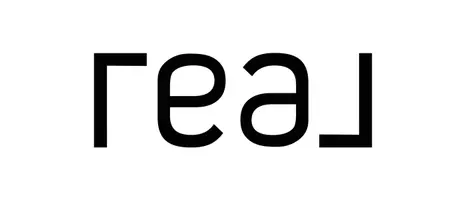Renting vs. Buying: Which is Right for You?
Renting vs. Buying: Which is Right for You?
Deciding whether to rent or buy a home is a significant decision that can have long-lasting financial implications. As prospective homebuyers and renters weigh their options, it is crucial to compare the costs and benefits of each to make an informed decision that aligns with their personal goals and financial situation. In this blog post, we will delve into the key considerations for buyers and renters, focusing on factors such as costs, flexibility, and long-term investment potential.
Buyers:
For many individuals, homeownership is a lifelong dream. However, it is essential to thoroughly assess your financial readiness before diving into the homebuying process. One of the primary considerations for potential buyers is the cost of purchasing a home. Alongside the down payment, additional expenses such as closing costs, property taxes, and home insurance must be factored into your budget. While these upfront costs can be substantial, investing in real estate has the potential for appreciation over time, offering a path to building wealth.
Another key advantage of homeownership is the sense of stability it provides. Owning a home means having control over your space and the freedom to make modifications and upgrades to suit your preferences. Additionally, as you pay off your mortgage, you build equity in the property, which can be leveraged for future financial needs.
Renters:
Renting, on the other hand, offers a different set of benefits that might be more aligned with certain lifestyles and financial situations. One of the primary attractions of renting is the flexibility it affords. Renters have the freedom to move more frequently, which can be advantageous for those who prioritize career mobility or enjoy exploring different neighborhoods. Additionally, renting absolves individuals from the responsibilities of property maintenance and repairs, which can be a significant financial relief.
While renting may not build equity in the same way homeownership does, it can provide the opportunity to save money. Renting allows individuals to avoid upfront costs associated with homebuying, such as down payments and closing costs. Renters can also benefit from predictable monthly expenses, as rent prices are typically fixed for the duration of the lease.
Mortgage:
One of the most significant considerations for potential homeowners is obtaining a mortgage. Before embarking on the homebuying journey, it is crucial to understand your borrowing capacity and identify a mortgage that aligns with your financial situation. The terms of a mortgage, such as interest rates and loan duration, should be carefully evaluated to ensure they fit comfortably within your budget.
It is worth noting that securing a mortgage requires a certain level of financial stability. Lenders typically assess your credit score, income, and employment history to determine your eligibility. If you have a limited credit history or unstable income, renting may be a more suitable option until you can secure a mortgage that aligns with your financial goals.
Comparing Costs and Benefits:
When comparing the costs and benefits of renting versus buying, it is crucial to consider your long-term goals, financial stability, and lifestyle preferences. Renting offers flexibility and lower upfront costs, making it an attractive choice for those who prioritize mobility and want to avoid large financial commitments. On the other hand, homeownership provides stability, the potential for equity growth, and the freedom to customize your space.
Ultimately, the decision between renting and buying is a deeply personal one, and there is no one-size-fits-all answer. It is important to carefully evaluate your unique circumstances and consult with real estate professionals to make an informed decision that suits your needs. By weighing the pros and cons of each option, you can take a step closer to achieving your housing and financial goals.
Categories
Recent Posts











